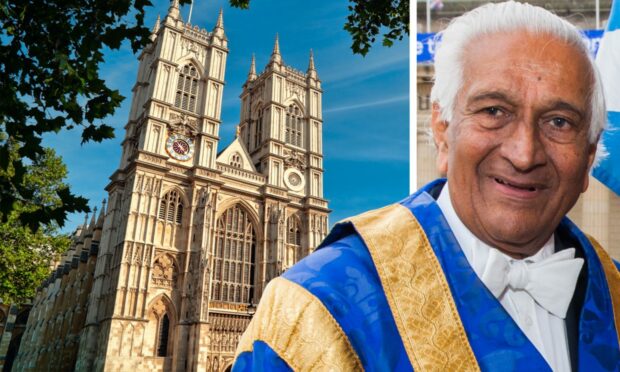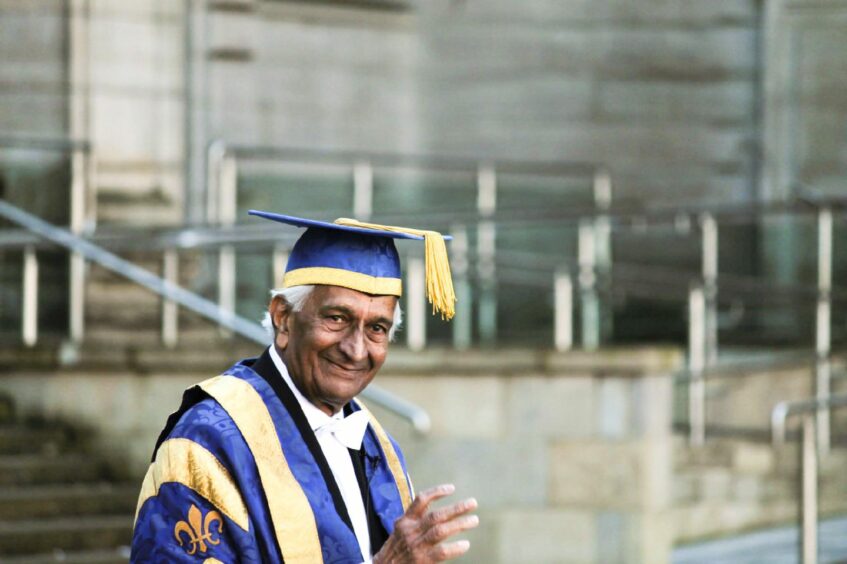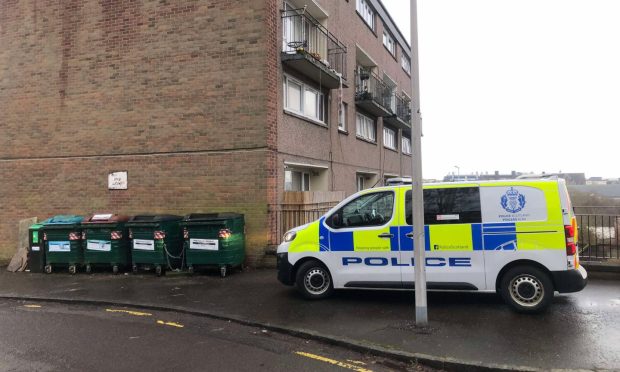A former University of Dundee chancellor will participate in the King’s Coronation.
Naren Patel, who is a member of the House of Lords, has been selected as one of four peers taking part in the service at Westminster Abbey on Saturday.
Lord Patel will present the ring to the new king during the sermon given by the Archbishop of Canterbury.
The king is instructed to acknowledge it, before the Archbishop asks the King to receive the ring as a symbol of “kingly dignity” connecting God, King and people.
Lord Patel, who was made a Peer in 1999, is taking part in rehearsals this week.
He said: “Four lords have been asked to perform in the coronation service at Westminster Abbey, including myself.
“To be asked to perform such an important and significant role – it’s a privilege, I’m honoured.
“It demonstrates what the king wishes and recognises that we are a multi-faith and multi-cultural society.”
Lord Patel, 84, moved from Lidh, Tanzania, briefly to London, and then to Dundee in 1958 to train as a doctor.
He went on to work at Ninewells Hospital and the University of Dundee throughout his career before retiring in 2005.
Despite relocating to Dunkeld in Perthshire when he retired, Lord Patel remained chancellor at the university until 2018.
What is the significance of the King’s Coronation ring?
King Charles III will receive a new “wedding ring” during his Coronation ceremony.
Not only will the King be crowned to mark his new role as monarch but he will also receive a Coronation ring known as “The Wedding Ring of England.”
According to the Royal family website, monarchs of the past received a new ring before being crowned but since King William IV’s coronation in 1831 every sovereign has worn his ring.
The only exception to this was Queen Victoria as her fingers were too small so she has her own ring made.
Queen Elizabeth II was presented with that ring at her Coronation but is it expected that King Charles III will receive the ring originally made for King William IV.












Conversation